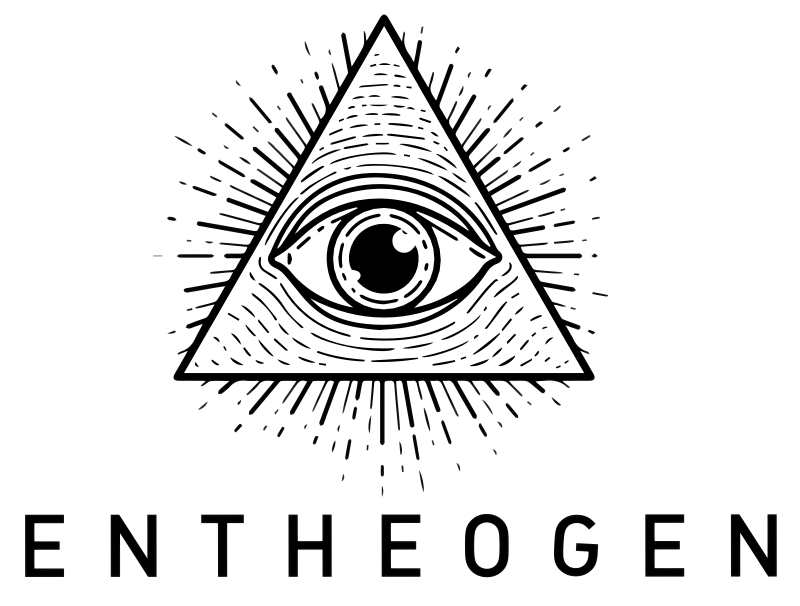This is Entheogen. Talk about tools for generating the divine within.
Today is December 18, 2016, and we are discussing the recent publication of studies from NYU and Johns Hopkins showing that psilocybin can reduce anxiety and depression in cancer patients, and we’re pleased to be joined by Dr. Sarah Mennenga from the NYU Experimental Therapeutics Laboratory.
Find the notes and links for this and other episodes at EntheogenShow.com. Sign up to receive an email when we release a new episode. Follow us @EntheogenShow on Twitter and like EntheogenShow on FaceBook. Thanks for listening.
Your pledges make the show possible! We're trying to cover expenses by asking our fans to pledge at Patreon.com/Entheogen. We really appreciate your support!
Topics:
We are grateful to be joined by Dr. Sarah Mennenga, Doctor of Neuroscience, NYU Experimental Therapeutics Laboratory
NYU and Johns Hopkins just released studies showing that psilocybin can reduce anxiety and depression in cancer patients
80 percent of participants showed significant reduction of anxiety and depression
“One theory is that psilocybin interrupts the circuitry of self-absorbed thinking that is so pronounced in depressed people, making way for a mystical experience of selfless unity” i.e. interrupting or disrupting the Default Mode Network?
What is the neurological basis for the geometric shapes and auditory effects that characterize the psilocybin experience. What part does suggestibility play in the experience?
The “intensity of the mystical experience described by patients correlated with the degree to which their depression and anxiety decreased” – Why is that? What is it about the nature of the psychedelic or mystical experience that does this?
Octavian Mihai “saw black smoke rising from my body”
Kevin, a participant in the Johns Hopkins study saw “spirals of iridescent spheres that folded in on themselves”. “But you have to approach the session with the right intentions of why you’re doing it. Because you’re going to meet yourself.”
- Study protocols, and the unique considerations for psychedelic session
“seven-hour music playlists.[...] N.Y.U. leaned toward New Age and world music — Brian Eno; sitars; didgeridoos. Johns Hopkins favored Western classical.”
Chalice
Buddha statue
- Collaboration among the few institutions doing psychedelic research
- Criticism from the academic/scientific community?
Political concerns; safety concerns around legalization
Stigma in the academic community?
fMRI scanning during a psychedelic experience?
NYU seeking participants in two upcoming studies:
Psilocybin for alcoholism and addiction
Psilocybin for clergy/mysticism; see also Griffiths’ 2006 study at Johns Hopkins
Contact NYUCancerAnxiety.org for more information
Enroll in Clinicaltrials.gov
NYU seeking $10 million funding for center to study psychedelics
How to Help:
Contact NYUCancerAnxiety.org for more information
Email alcoholdependencestudy@nyumc.org to donate
Give to Heffter, helping fund the NYU studies
Further Reading:
NY Times: A Dose of a Hallucinogen From a ‘Magic Mushroom,’ and Then Lasting Peace
Big Think: One Dose of "Psilocybin" from Magic Mushrooms Relieves Depression in 80% of Cancer Patients
AlterNet: 'Magic Mushroom' Drug Eases Cancer Patient Anxiety
